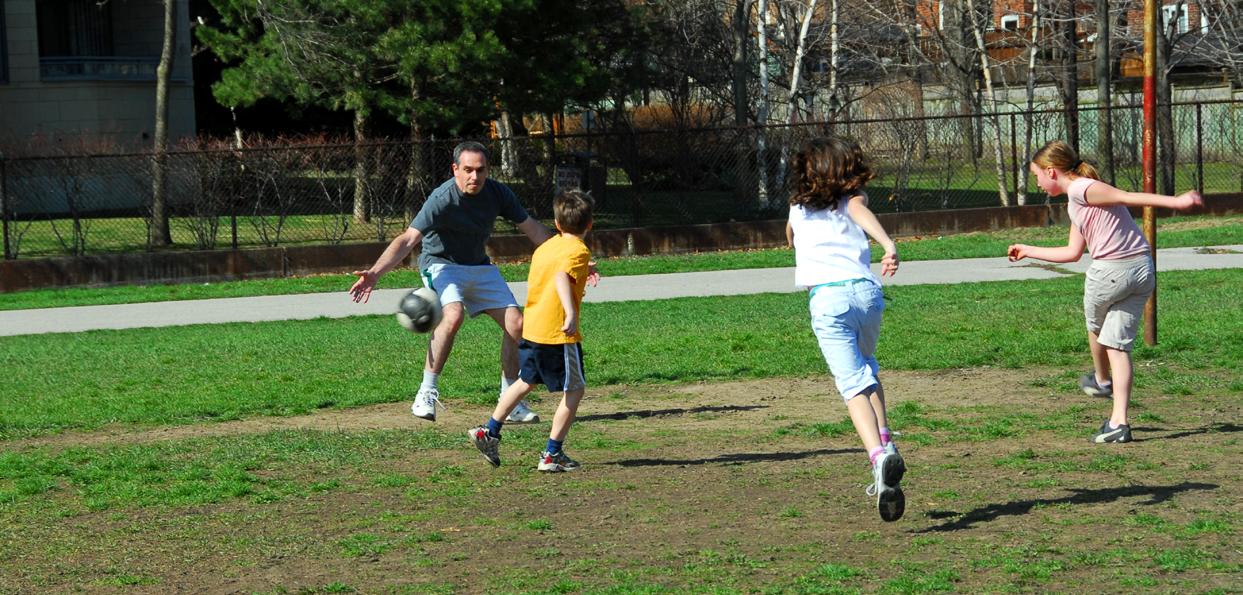
4 minute read
The context of unaccompanied minors and well-being
A substantial proportion of asylum seekers arriving in Europe find their way to the Nordic region, and a sizeable proportion of them are unaccompanied minors. Their specific situation makes them in many cases vulnerable, as they often lack the support that families can provide. They may have faced great hardships along the journey that they have had to deal with on their own. Upon arrival they are met with new stressors such as the asylum-seeking process with several interviews and a long waiting time, uncertainty of whether asylum will be granted or not, age assessment procedures, settling into new living conditions, and learning a new language and culture. What we need to bear in mind, however, is that unaccompanied minors are not a homogenous group. Their reasons for leaving home vary just like for other refugees – from war and conflict, poverty, deprivation, and human rights violations to seeking a better future for themselves or their loved ones.
Unaccompanied minors have commonly experienced traumatic events. According to Sandahl, Norredam, Hjern, Asher, and Smith Nielsen (2013), there are three phases of possible traumatic events that may act as predictors of mental health problems: exposure to events in the country of origin; experiences of neglect and assault during the flight; and prolonged post-migration stay in reception centres, multiple relocations, lack of social contacts and cultural isolation. Already existing pre-migration traumatic experiences may be exacerbated by post-migration stress. Consequently, many unaccompanied minors may need diagnosis, treatment, and preventive care. Access to these services vary greatly between the Nordic countries.
Social workers have traditionally tended to emphasise the vulnerability of unaccompanied minors, all of whom have mostly been assumed traumatised. This is reflected on the research on unaccompanied minors: older studies have largely focused on vulnerability, trauma, and mental health problems such as anxiety, depression, and post-traumatic stress disorder (PTSD). More recent research has shifted the focus to discussing and measuring the strength and resilience obviously possessed by the unaccompanied minors who make it all the way this far north. A further step in this direction is to examine the protective factors and coping strategies that can make a real difference in the unaccompanied minors’ lives.
Vulnerability and resilience are not mutually exclusive or opposing categories. They go hand in hand. Unaccompanied minors are thus both dependent and independent at the same time. They should not be regarded as adults that are strong and independent but also not as weak, incapable, and in need of help. Vulnerability may show in mental health problems at the same time as the unaccompanied minors have capabilities to help them settle in the new country. Research shows that unaccompanied minors are able to cope if they retain affiliations from the past and have people to rely on in the present (Kohli, 2011).
Contacts to the ethnic community are important; those who adapt to the new majority culture while maintaining their culture of origin tend to integrate the best. Engaging in different activities, such as clubs or sports give opportunities to finding friends, socialising, and forgetting about past problems. Social support, together with religious beliefs, play an important role in positive change. Most unaccompanied minors have strong aspirations to succeed and focus hard on their studies. The attitude of working hard is both a protective factor and a coping strategy. However, if the pressure to succeed comes from obligations to family in
the country of origin, the stress may become difficult to handle.
Although child and youth participation (‘talk to us, not about us’ or ‘nothing about us without us’) in decisions regarding themselves is a well-known paradigm, many practitioners working with unaccompanied minors may be unaware of how to promote it. The asylum process is long and hard, and without enough meaningful activities during that process it can harm the social and mental development of the child. Overprotection, doing everything on behalf of the child, and labelling the child as permanently traumatised is also unhelpful. A prerequisite for a successful process of integration is building a bridge between what was, what is, and what is to come. This kind of holistic view is especially important for unaccompanied minors. Research literature often refers to a sense of coherence in explaining what promotes resilience and coping in the face of adverse or traumatic events. Antonovsky (1987) observed that while stress is ubiquitous, not all individuals have negative health outcomes in response to stress. Instead, some people achieve health despite their exposure to potentially disabling stress factors. In Antonovsky’s words, the sense of coherence has three components:
1. Comprehensibility: a belief that things happen in an orderly and predictable fashion, and a sense that you can understand events in your life and reasonably predict what will happen in the future 2. Manageability: a belief that you have the skills or ability, the support, the help, or the resources necessary to take care of things, and that things are manageable and within your control. 3. Meaningfulness: a belief that things in life are interesting and a source of satisfaction, that things are worthwhile, and that there is good reason or purpose to care about what happens.
In addition to a sense of coherence as a fundament for mental well-being, a sense of belonging is similarly important. After examining perceived discrimination in the general immigrant population rather than specifically among unaccompanied minors, Straiton, Aambø, and Johansen (2019) concluded that mental well-being benefits from a sense of belonging. What matters to immigrants is a sense of belonging to both the receiving country and the country of origin. Adopting the language and behaviours of the new country while maintaining one’s own ethnic identity seem the key. The other moderating factor stemming from Straiton et al. is trust in other people: higher levels of trust protect from negative effects of perceived discrimination.







